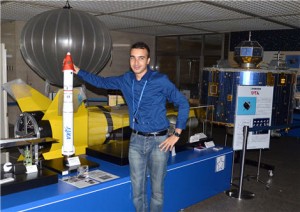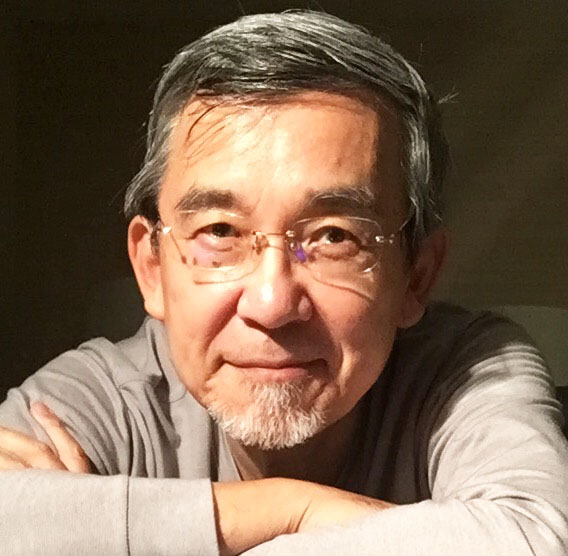
A gastroenterology journal has issued an extensive expression of concern about a 2013 paper by Yoshihiro Sato, a Japanese endocrinologist who has posthumously been climbing the Retraction Watch leaderboard. (He’s now ranked number three, ahead of Diederik Stapel.)
To call the statement an “expression of concern” is like calling Charles M. Schulz a talented cartoonist, or Escoffier a pretty good cook. Indeed, the journal expresses so much concern, about, well, so much, that we’re not sure what in the paper would be left unscathed.
Sato, formerly of Hirosaki University, currently has 77 retractions for a range of misconduct-related issues including likely data fabrication and duplication.
Continue reading Journal expresses a great deal of concern over deceased author’s work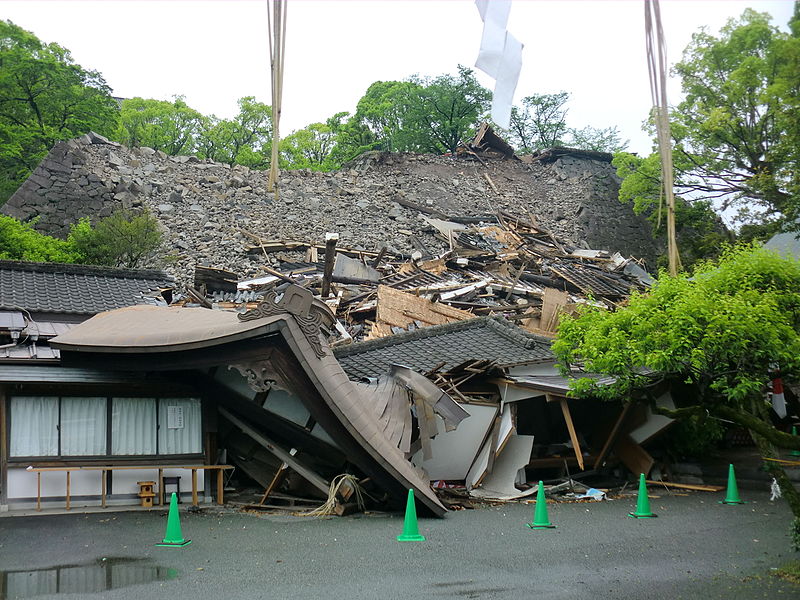
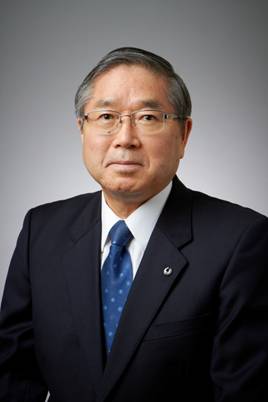

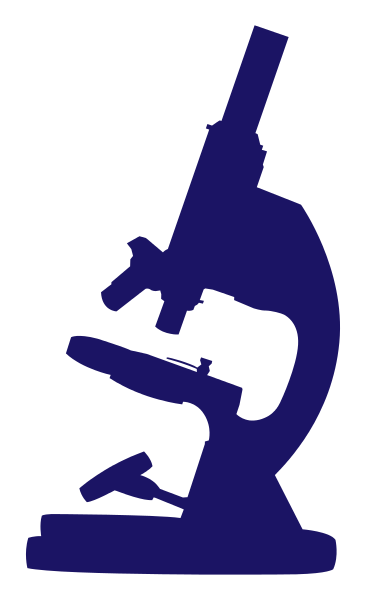
.png)

